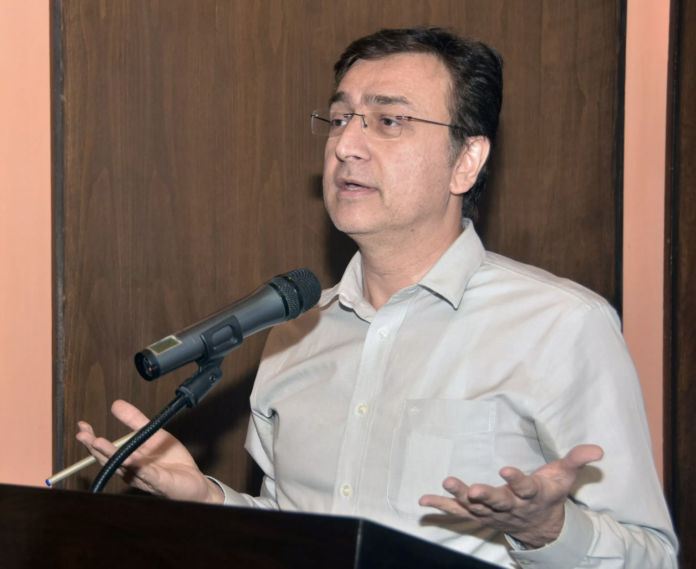This roundtable with Pakistan Tehreq-e- Insaaf (PTI) was held by Governance and Policy Advisors (GAP), with the support of John Snow Research and Training Institute (JSI/TAUH), to engage major political parties and media before the forthcoming elections of 2013. The objective of the dialogue is to brief policymakers and those who shape public opinion on the challenges facing public health and suggest possible solutions as seen by health community and civil society organizations; and to assert the need to turn these issues into political priorities and advocate with political parties to make these priorities part of the manifestos of political parties before the elections in Pakistan in 2013. The PTI team was led by Mr Jahangir Tareen (Head of Policy Unit, PTI), other members present included Mr Asad Omer, Mr Shafqat Mehmood, Dr Yasmin Rashid and Dr Humayun Mohmand. JSI and its international partners were led by Dr. Nabeela Ali (Chief of Party JSI/TAUH) and among others she was joined by Ms. Katherine Crawford (Health Office Director, USAID Pakistan), Mr. Desmond Whyms (Senior Health Advisor, Dfid), Dr. Sania Nishtar (Heart File) and Mr. Muzaffar Mehmood Qureshi, Director Green Star, the event was moderated by Dr Moeed Pirzada, (Executive Director, GAP).
Mr Jahangir Tareen (Head of Policy Unit, PTI) took the lead in outlining PTI’s health vision; saying that PTI has given a deep thought to the public health issues facing Pakistan, and they have reached this conclusion that a radical change has to take place in the way Pakistan is governed. There is a consensus on the proposed policies within the party because these had been discussed throughout the party hierarchy. Dr Moeed Pirzada (Executive Director, GAP) welcomed the “Health Policy Vision” and the “Five Point Agenda” presented by PTI and clarified that all vision statements are like maps to guide policy prescriptions and cannot be perfect; the purpose of the meeting is therefore not to point out shortcomings of PTI’s Health Vision but to understand their political perspective and to offer help and technical support from all those organizations who have been striving to improve the quality and access of health care in Pakistan and other parts of the developing world.
